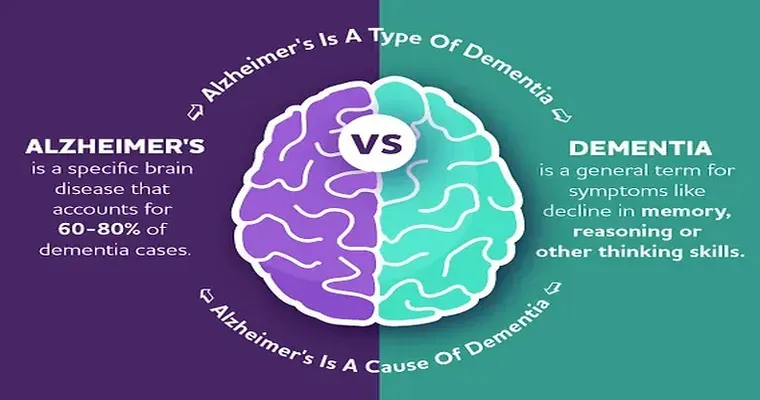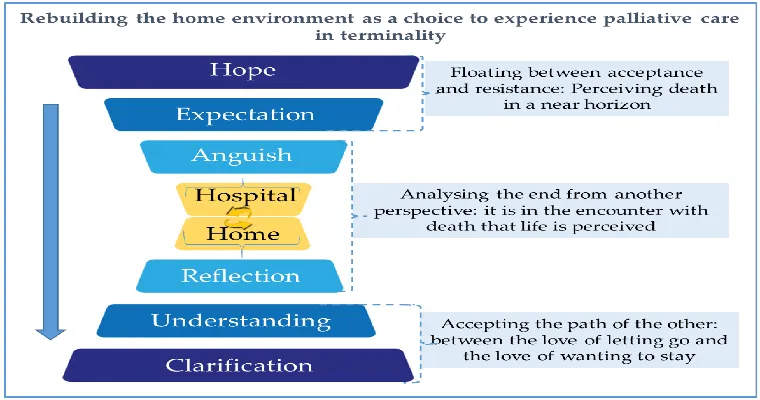Understanding "behavior changes" in individuals with "dementia" is crucial for caregivers, families, and healthcare professionals. As dementia progresses, it can significantly alter a person’s behavior, impacting their daily life and relationships. Recognizing these changes can help in managing the condition more effectively and improving the quality of life for those affected.
Dementia is not a single disease but a general term that encompasses various conditions characterized by the decline in cognitive function. As the disease advances, individuals may experience a range of "behavioral symptoms" such as agitation, aggression, depression, and withdrawal. These changes can be distressing not only for the individual but also for those around them.
One of the first signs of dementia may be subtle changes in personality or mood. Individuals might become more irritable or anxious, often reacting differently to situations they previously handled well. It is essential to understand that these behavioral shifts are not merely mood swings; they are often a direct result of the brain's deterioration.
As dementia progresses, the individual may struggle with communication, leading to frustration and confusion. This can manifest as "aggressive behavior" or outbursts. Caregivers should remember that these actions are usually unintentional and stem from the person’s inability to express their needs or feelings.
Another common behavior change is "apathy", where individuals may lose interest in activities they once enjoyed. This can lead to social withdrawal, which might be mistaken for depression. Encouraging participation in familiar activities can sometimes help engage individuals and alleviate feelings of isolation.
In later stages of dementia, individuals may also exhibit "repetitive behaviors" or become easily disoriented. This can be particularly challenging for caregivers, as it requires patience and understanding. Establishing a structured routine and a calm environment can often help mitigate these behaviors.
Effective communication is paramount in addressing behavior changes associated with dementia. Using simple, clear language and maintaining a positive tone can foster a more supportive atmosphere. Additionally, non-verbal cues such as body language and facial expressions play a significant role, as many individuals with dementia may rely on these signals for understanding.
It is also important to consider external factors that may contribute to behavior changes. Pain, discomfort, or environmental stressors can exacerbate symptoms of dementia. Regular health check-ups and a comfortable living situation can make a significant difference in managing behavior changes.
In conclusion, recognizing and understanding "behavior changes" in individuals with "dementia" is vital for effective care and support. By approaching these changes with empathy and patience, caregivers and families can enhance the quality of life for those navigating the challenges of dementia. As research continues to evolve, staying informed about the progression of dementia and its effects on behavior will be instrumental in providing compassionate care.





